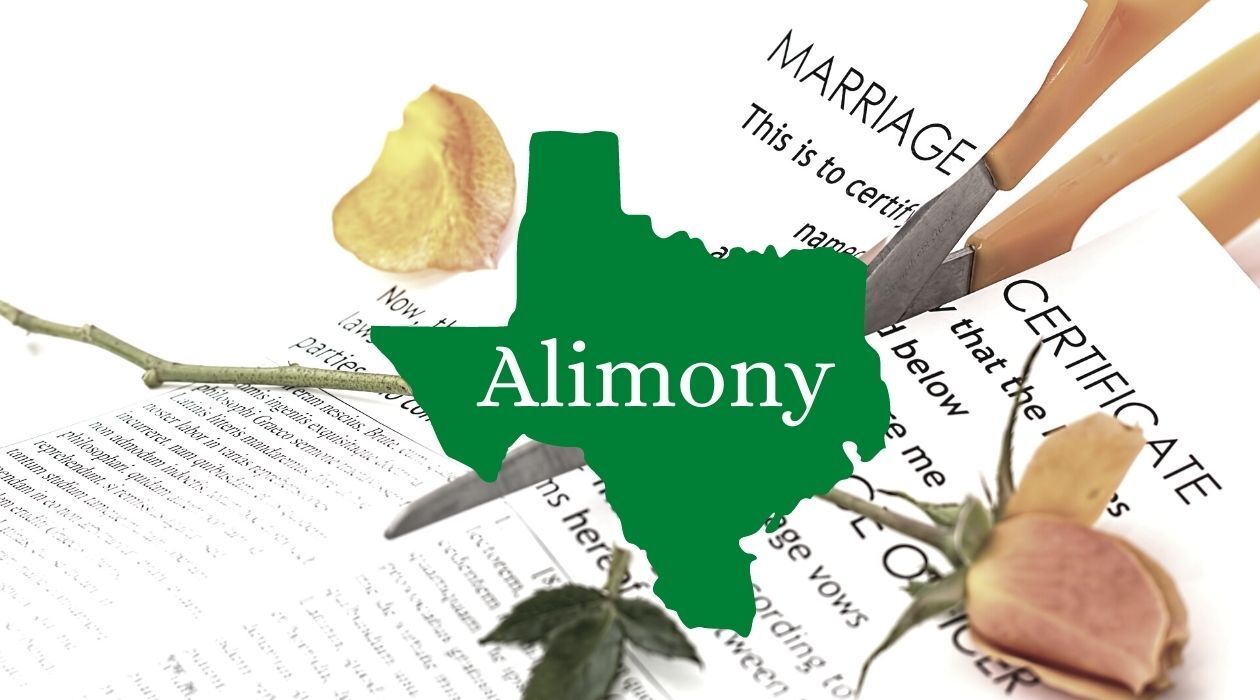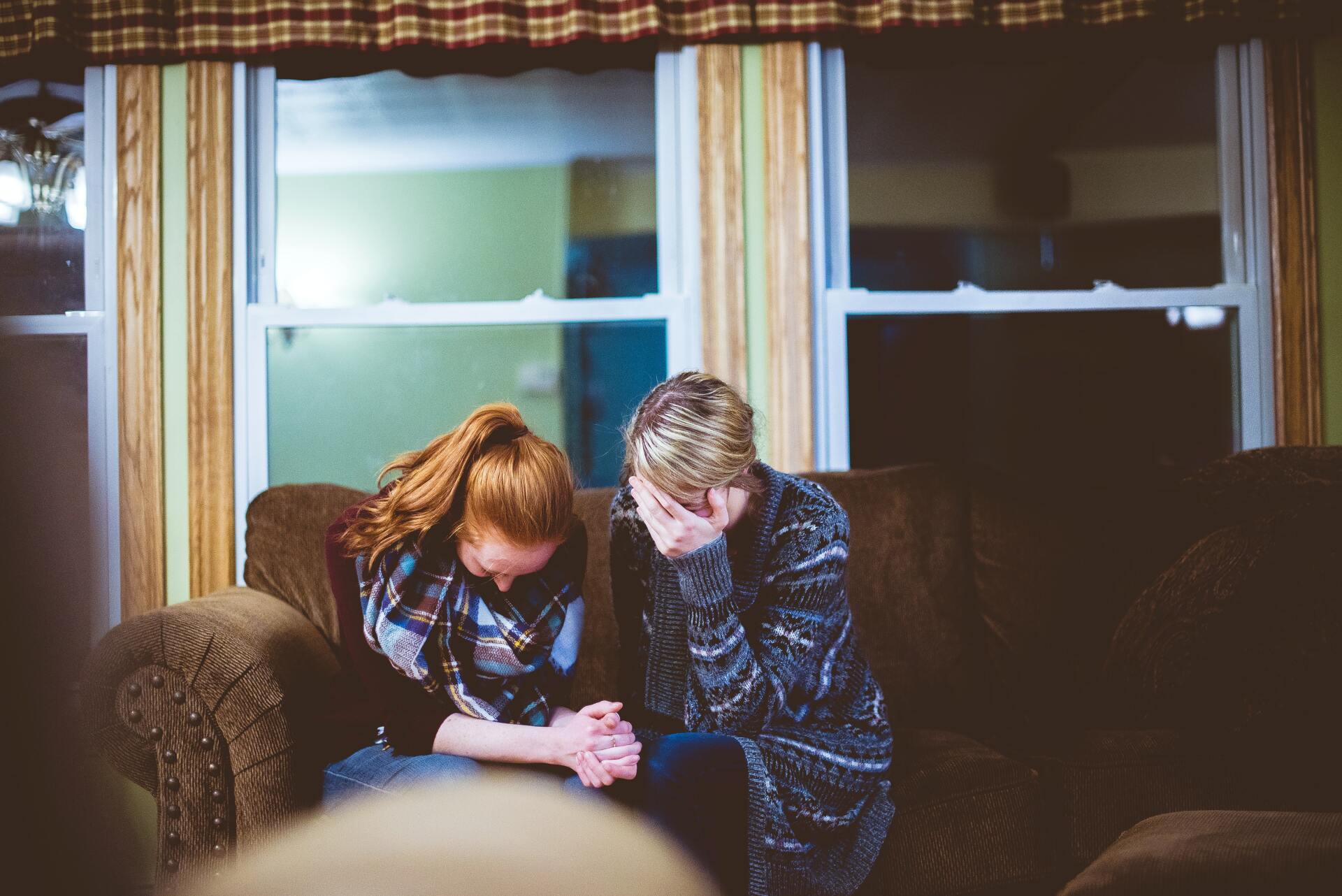The History of Texas LGBT Laws
June may be Pride Month, but queer lives deserve visibility every single day. Most of us have loved ones, friends, and neighbors who are a part of the LGBT community, but how often do we listen to their stories, cares, and concerns? The rights of LGBT individuals in America have faced both a fraught history and landmarks of progress that are worth taking note of.
We have seen the power of legislation throughout the history of LGBT law, both for good and bad. Hundreds of laws have shaped the lives of queer people at the state and federal level.
Do you know the history of Texas LGBT laws?
From milestones of the past, to contemporary challenges, we have gathered the essentials of LGBT legal history in Texas.
The Turmoil of the 1960's & 70's
Throughout the 1960's, the LGBT community was afflicted by attacks in the media and from countless organizations. In fact, "The Homosexual Reports" of 1967, issued by the federal government, largely characterized homosexuals as pedophiles, promiscuous, and undesirable.
Although the Civil Rights Movement made significant progress in the 1960s, the resulting Civil Rights Act of 1964 did not expressly ban discrimination on the basis of sexual orientation. It was not until 2020 that the U.S. Supreme Court issued a ruling that Title VII of the Civil Rights Act included protection of queer employees from employment discrimination.
The Stonewall Riots in 1969 ignited the Gay Liberation Movement, ultimately giving way to groups like the Street Transvestite Action Revolutionaries, Gay Activist Alliance, and the Gay and Lesbian Task Force, who protested assertively for equal rights. Though discriminatory laws remained in place long after these groups were formed, they laid the foundation for change.
The Houston GLBT Political Caucus is Formed
Founded in 1975 in Houston/Harris County, the Houston GLBT Political Caucus is the South's oldest civil rights organization dedicated specifically to defending the rights of the LGBT community.
"The Caucus" as it was referred to locally, is non-partisan, and endorses candidates solely on their stance on rights for the LGBT community. In addition to advocacy and fighting to eliminate discrimination, The Caucus also helped queer candidates for office find support.
The Texas Democratic Party Adds First LGBT-Focused Protections to Party Platform
In 1980 the Texas Democratic Party added some measure of LGBT support to its platform. While the language was general, it indicated an end to discrimination on the basis of sexual orientation.
Notably, the Party Platform specifically supported the elimination of Section 21.06 of the Texas Penal Code, which made "homosexual conduct" illegal.
Gay Student Services vs. Texas A&M University
In 1984 the 5th U.S. Circuit Court of Appeals ruled in favor of a gay student's organization and three of its members after they were refused recognition by their state-funded university.
The court ruled this to be in violation of the students' 1st Amendment rights, and that public institutions were required to recognize the validity of gay student organizations. The U.S. Supreme Court refused to take the case, thus leaving the Court of Appeals' verdict to stand.
Baker vs. Wade
Though its progress was short lived at the time, the Baker vs. Wade litigation that went before the United States District Court of Dallas was monumentally influential in the pursuit of gay rights.
This case spanned nine years, culminating in a ruling in 1986. It suggested that the Texas sodomy laws of the time were unconstitutional, and that consensual, private sexual relations between persons of the same gender were protected by the constitution. The focus was especially on Texas Penal Code 21.06, which rendered same-sex relationships illegal. Though the maximum fine for the "crime" was mild, it had the far worse effect of stigmatizing LGBT citizens as criminals.
Unfortunately, the decision calling Texas' sodomy laws unconstitutional was quickly overturned (in the same year) by Bowers vs. Hardwick at the federal level, and SCOTUS refused to hear the appeal.
Refusal of Marriage Licenses
In 1997 the Texas legislature officially disallowed the issuance of marriage licenses to same-sex couples.
This position remained until 2015, when the U.S. Supreme Court issued a decision allowing legal marriages between same-sex individuals.
Littleton vs. Plange
In 1999 a lawsuit also voided marriages in which one party was a transgender woman. The Texas 5th Court of Appeals ultimately decided that transgender woman Christie Lee Littleton was male, and therefore the marriage was a same-sex union. This made the marriage license invalid, as same-sex marriage was still not legally recognized at the time.
Lawrence vs. Texas
Perhaps the biggest landmark of progress in its time, Lawrence vs. Texas nullified the remaining sodomy laws in Texas. After two men, John Lawrence and Tyron Garner, were arrested for private, consensual relations, the circumstances were found by a 6-3 opinion of the Supreme Court to be in violation of 14th Amendment rights.
The Voiding of Same-Sex Marriages
In 2003 statutes from the Texas legislature voided same-sex marriages or civil unions.
The statutes' language specified that individuals in a same-sex marriage would not have the legal protections, benefits, or responsibilities of a marriage or civil union.
Houston City Comptroller, Annise Parker, Becomes First Openly Lesbian Mayor of Major Texas City
In a momentous election, Annise Parker (who was supported by The Caucus) became the first openly gay mayor of a major Texas city.
Parker was not only one of the first openly lesbian mayors elected in a large Texas city, but one of the first in any large U.S. city. Houston was the most populous city to elect an openly gay mayor until the election of Lori Lightfoot in Chicago (2019).
Texas Democratic Party Becomes First Southern Democratic State Party to Support Gay Marriage
Following the Obama administration's endorsement of same-sex marriage in 2012, the Texas Democratic Party became the first in the south to also support gay marriage.
Same-Sex Marriage is Legalized in Texas in 2015
In 2015, the U.S. Supreme Court case Obergefell vs. Hodges legalized same-sex marriage in all 50 states of the U.S. The case began when groups of same-sex couples from numerous states sued their respective state agencies over marriage bans. They argued that these statutes were in violation of the Equal Protection Clause and Due Process Clause of the 14th Amendment.
The ultimate decision was that the right to marriage is protected by the 14th Amendment, and is a fundamental liberty inherent to the concept of individual autonomy. This made gay marriage legal throughout the U.S.
Discrimination Based on Sexual Orientation
Though great progress has been made, the LGBT community continues to face a number of challenges and forms of discrimination in Texas.
Title VII of the Civil Rights Act of 1964 federally prohibits employment discrimination on the basis of sexual orientation, but the state of Texas did not have a law specifically banning anti-LGBT discrimination until recently. A Texas court ruling in March 2021, however, furthered employment protections for LGBT individuals. Nevertheless, LGBT protections within Texas remain very localized and vary from county to county.
While housing protections, both in terms of public accommodation and private rental/buying, have been in place since 2020, they have been nullified by the 2019 Religious Freedom Act, which allows some refusals based on religious beliefs.
Conclusion About LGBT Laws in Texas
The history of Texas LGBT laws has been tumultuous to say the least. With every step forward, there have been swift steps back. While the endurance of the LGBT community and its allies have forged major progress, there's still work to be done.
For Pride Month this year, take the time to learn more from queer loved ones. Listen to their concerns, their hopes, and for the ways that we can come alongside them to make Texas a great home for EVERYONE!










